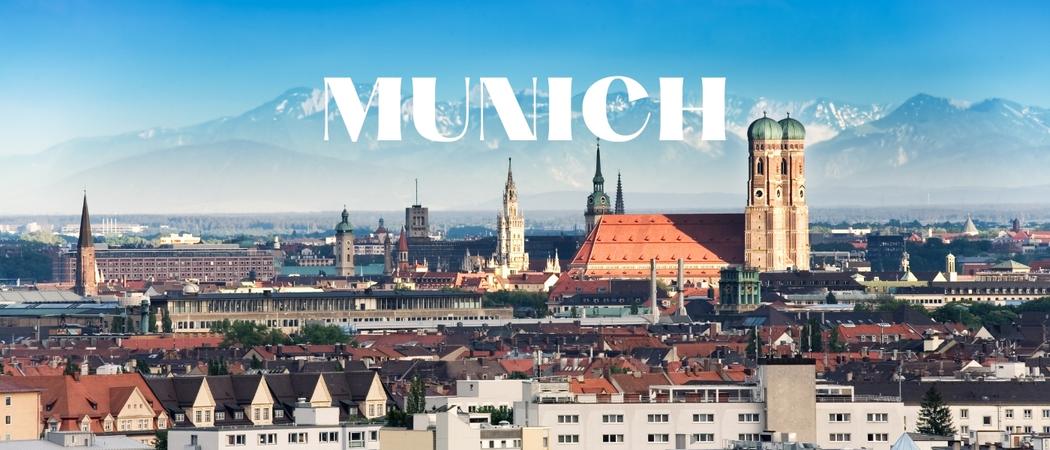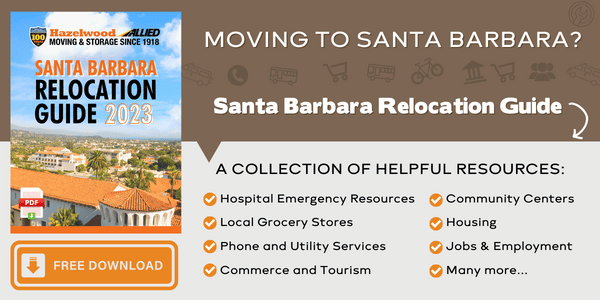Americans settle abroad for many reasons: career, family, or the thrill of experiencing a foreign country. For people looking to live outside the USA, Germany is an increasingly popular choice because of its strong economy and vibrant culture.
As Germany’s largest city, Berlin is generally the first choice for most Americans. It’s young and vibrant but doesn’t offer many opportunities to experience traditional German culture. Munich, on the other hand, is not only wealthier but far better preserved. People from all over the world are drawn there for its economy, castles, and bustling street life.
Americans living in Munich rave about the city, not only for its strong cultural heritage but for its career possibilities as well. If you’re looking to expand your horizons overseas, either personally or professionally, here are just a few of the reasons Munich ought to be high on your list.
No Workplace Language Barrier
Though Munich is a distinctly German city, it has a diverse and international workforce. Companies employ people from all over the world and while few of them speak German, most of them speak English. It’s the Lingua Franca of the business world, which means Americans don’t need to learn German to find a job there.
Educated Professionals are in High Demand
Munich has a thriving economy centered on high-tech industries such as IT, healthcare, aerospace, biotechnology, and automotive engineering. And even though Germans are highly educated, there aren’t enough skilled workers to keep pace with the expanding economy. Doctors, engineers, scientists, and IT specialists are in short supply.
German companies routinely look to foreign workers to fill gaps in their industries, so if you see a job that fits your background, don’t hesitate to apply. Anyone with a job offer will almost certainly be given a visa and the competitive landscape means you might enjoy better pay there than you do here.
Good Work/Life Balance
Germans are punctual, practical, and efficient. They arrive on time and expect their employees to get right to work. Don’t expect a lot of small talk at meetings.
On the other hand, Germans don’t believe life revolves around the office. Most companies offer flexible hours and most Germans work only 35-40 hours a week. What’s more, German companies provide 18-30 vacation days a year, on top of the 10 public holidays mandated by the government (more than any other nation).
Employees are also entitled to six weeks of sick leave. And some businesses allow mothers to take up to three years off after the birth of a child. It’s unpaid but creates an easy transition back into the workforce.
Beautiful & Comfortable Surroundings
Munich is one of the most livable cities in Europe. Its transportation, law enforcement, public spaces, and community services are well integrated, in order to promote the security, independence, and happiness of its citizens. As a result, Munich is:
- Safe. Munich has one of the lowest crime rates in Germany. In 2020, it had the lowest. Police are highly visible and the streets are free from drugs, panhandlers, and illegal vendors.
- Clean. Litter, refuse, and graffiti are rare. People joke that you can eat off the pavement. Trains and buses are extremely tidy and the city’s airport is one of the nicest in the world.
- Green. The city has over 5,600 acres of parkland. Its largest park (Englischer Garten) covers an astonishing 1.4 square miles.
- Walkable. Thanks to its well-run public transit system, residents don’t have to rely on cars to get around Munich. Bicycles are also very popular, especially in the summer. The city has more than 11,000 bike paths, making it easy to get wherever you need.
- Pet Friendly. Shops, restaurants, buses, and trains all allow dogs.
Great Access to Shops & Recreation
Munich offers excellent opportunities for both work and play. Located near the Alps, it’s one of the best cities in Germany for hiking, skiing, and the outdoors.
The theater is popular in Munich. European and American plays are regularly staged, many in English. The city also has several opera houses and public music festivals featuring world-class artists such as Rhianna and the Rolling Stones. Nightclubs are also big, showcasing the latest electronic, techno, and R&B.
In addition to its movie theaters, Munich hosts several film festivals throughout the year with innovative horror, sci-fi, documentary, and student films.
Shoppers will want to check out the Viktualienmarkt, the daily street market in the center of town, where you’ll find fresh meat, produce, flowers, and baked goods. Be sure to visit the Christmas markets in December in order to experience a genuine, German holiday celebration.
For high culture, you’ll want to explore one of the city’s 80 museums, full of artwork, history, and science exhibits. Or take an architectural tour of the city’s palaces and cathedrals, which have been maintained for hundreds of years.
But Munich’s most famous attraction is its beer gardens (biergarten). There are over 100 in the city, more per capita than anywhere else in the world. Unlike American bars, German beer gardens are family-friendly. Some even have playgrounds.
Of course, you can’t talk about Munich without mentioning Oktoberfest. Munich has the largest Oktoberfest celebration on the planet, drawing in millions of tourists from Europe, America, and beyond. Imagine having front-row seats to one of the largest cultural events in the world!
A Few Things to Keep in Mind
Living in Munich is great, but it does have its hurdles. Before making your final decision, you should be aware of some of the challenges you’ll face.
- It’s Expensive. Rent and housing are very high. With so many people moving there, finding a place to live can be very competitive.
- Harsh Winters. Snow, ice, and winds means there’s not much to do in wintertime. People raised in warmer climates might find summers a little cool as well. Highs only reach into the mid 70s. Jackets and long sleeves are common, even in August.
- Shops Keep Strange Hours. Bavaria is one of the most religious states in Germany and as such, most of its shops are closed on Sundays. They close early on weekdays as well, usually by 8 p.m. The good news is that restaurants and beer gardens are open Sundays. So are bakeries, though only for a few hours. In addition, because Munich is religious, it has 12 extra holidays a year, in recognition of certain feast days.
- To Have Fun, You’ll Need to Learn German. Most Germans know at least some English, enough for you to order food at a restaurant (some restaurants even have English menus). This doesn’t mean they’re fluent, however, and most Germans prefer speaking German anyway. So, unless you want to spend all your time at home or work, you’ll need to learn the language. Fortunately, there’s no better place than Munich. The city has wonderful schools and lots of opportunities to practice.

ABOUT HAZELWOOD ALLIED
Established in Santa Barbara in 1918, Hazelwood Allied is a full service relocation company providing national relocation and international moves for residential and commercial clients. Known as “The Careful Movers,” Hazelwood Allied is a Santa Barbara moving company with a strong track record for thorough and careful approaches to residential moves and commercial moves. Follow the Facebook page for exclusive offers and moving tips. Call 800-541-5958 for a free moving estimate.






